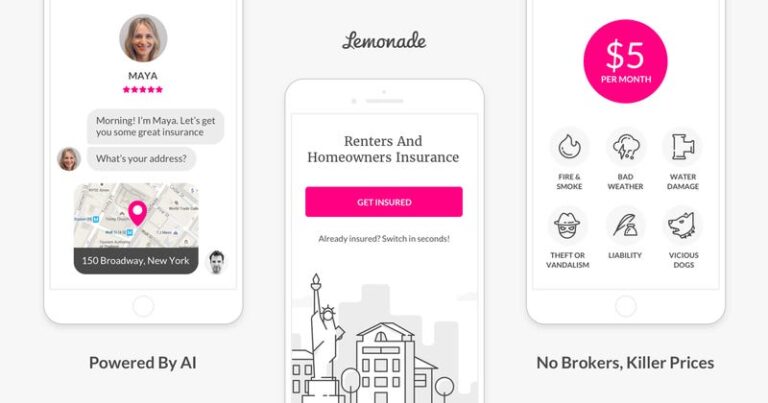With David Cameron’s victory in the last general election, the probability of Britain exiting from the European Union has increased tremendously. This phenomenon has given rise to a lot of speculations, several discussions, and countless points of view on how this withdrawal from the EU will affect Great Britain, and in particular, its capital, the City of London.
A large number of people believe that the split would be for the better as it will allow Great Britain to regain its independence which will let it manage the current uncontrolled immigration threatening the country. Not only that, but country would also make a huge saving on the money it contributes yearly. However, a possible downside to this happening would jeopardise the economic recovery success Britain has been experiencing since the 2008 financial crisis.
With a lot to weigh on each side of the argument, just how will Britain’s exit (which has been abbreviated into the popular and trending term ‘Brexit’) affect London’s economy?
Quite naturally, the sectors most likely to be directly impacted include the financial sectors such as banking, insurance, asset management and others.
To further understand the possible implications of the Brexit on these important areas of London’s economy, let us delve a little deeper.
The Banking Sector
Banks are the core of a nation’s financial system. The City of London is the seat of several global banks. However, with Britain’s separation from the European Union, this could take a serious hit. Currently, nearly fifty percent of the foreign direct investment from global banking businesses in the financial sector traces its origin to the European Union.
This means that should the split happen, several of these international banks could close down their operations in London. The primary reason behind these closures would be that with the United Kingdom no longer being a part of the European Union, these banks will no longer be able to count on the City of London to be their ticket to trading across the countries of the EU.
Of course, London would still remain a major financial centre on a global scale. But there is no denying that the manifestation of the split would strip the banking scenario in London of some of its largest players. As a result of the global banks withdrawing, domestic banks in the City would also slowly begin to feel the pressure.
The Asset Management
Of the total asset and fund management businesses currently populating Europe, nearly one third is accounted for by the United Kingdom alone. The prime attraction for the increased number of asset management companies in the UK is that once they have established their business in the United Kingdom, these companies can easily earn the ability to extend their trading platform further across other nations in Europe.
However, with Britain leaving the European Union, many of the asset management companies based in the City of London and elsewhere in the United Kingdom would discover that their ability to continue trading across the European Union smoothly shall be challenged.
Hedge funds will be less affected, when compared with other asset management businesses. This is because of the fact that most of the hedge funds that are based in London still continue to resort to the assistance of investors from other parts of the world.
Therefore, while these London based hedge funds will no longer be able to ticket their funds across all of Europe, they will not be substantially hit, as their sources from outside the European block shall remain unaffected.
Another advantage that hedge funds possess is that since the rules that are applicable to them are based more on where the stocks in the fund are listed, as opposed to where the fund is based, the restrictions placed on the funds because of the possible financial crisis would not be applicable to the London based funds, as long as their stocks are not listed in the UK.
The Insurance Market
The immediate impact of Britain’s exit from the European Union on London’s insurance market would be the inability of British insurers to carry on their business as usual in the European Union.
A consequent impact would be the hesitation that global players in the insurance sector would face, when it comes to investing in London’s insurance market.
However, some economists believe that there is a small ray of sunshine when it comes to the insurance industry in London. Since most of the European Union’s insurance market is localised and domestic, the impact of the referendum becoming a reality would be a minor one, when it comes to London based insurers.
On a Final Note
As with most economic shifts, the impact of the United Kingdom separating from the European Union can only be speculated upon at present. The exact impact of Brexit on the financial services based in the City of London can only be measured upon the actual happening of the event, should it come to pass.











